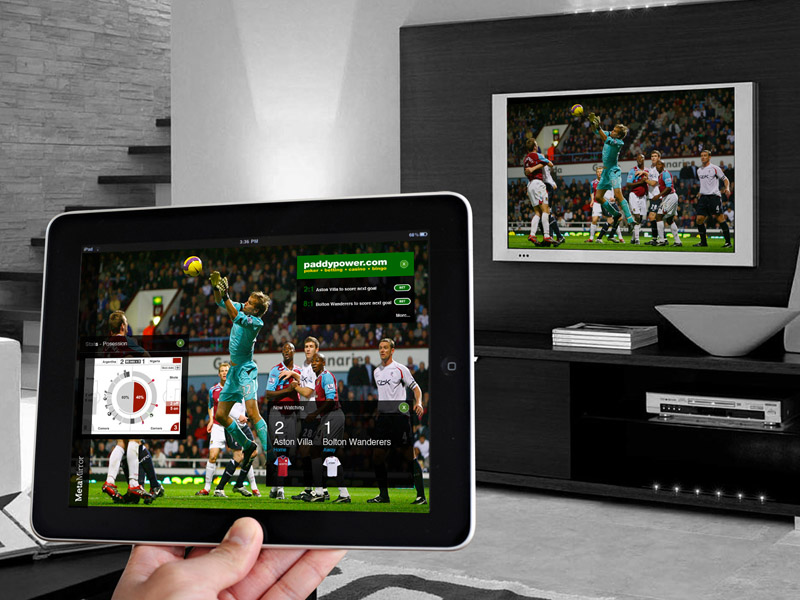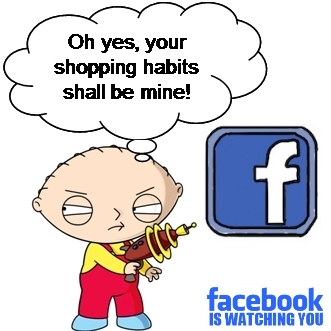Before I get started, here are some key points to take into consideration before I start explaining the potential in creating a Second Screen Experience.
– Massive adoption of Mobile Media (Smartphones/Tablets). More online/digital activity via mobile device, especially in developed markets. However in the developing world, its important because its the first time their being connected with the interactive space.
– In the US, over 50% of mobile users are smartphones. For ages 25-34, 4 out of every 5 phones sold is a smartphone. For advertising companies this is going to become a main channel.
– The Second Screen Experience: Approximately 80% of individuals who have tablets, spend significant amount of time in front of TV on their lap.
– Most of the focus of the 2nd Screen Experience is on the content. A lot of broadcasters are developing mobile apps to sync up their content.
With those points in mind here’s where I believe theirs untapped potential. There’s a potential to create a 360 degree type of experience that fully engages and interacts with the user at all points. A tablet would allow for the user to easily chat with others about what’s currently happening on the show (yes that’s being done, but not effectively), creating a much more social experience, allowing the user to customize or vote for the ending of the show, show trending topics related to the topic, or create an even more in-depth user experience through a viral portal.





